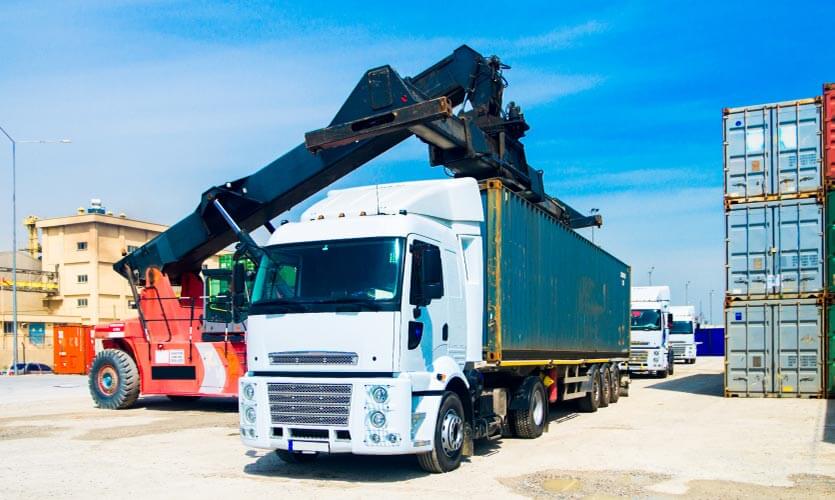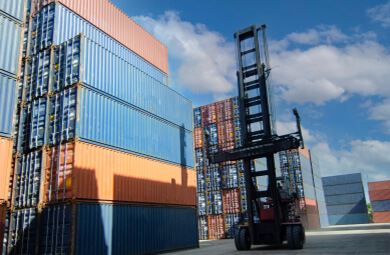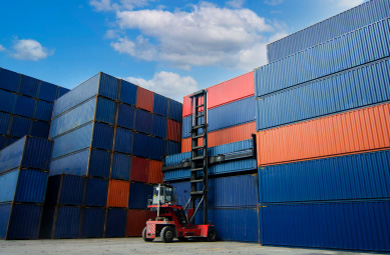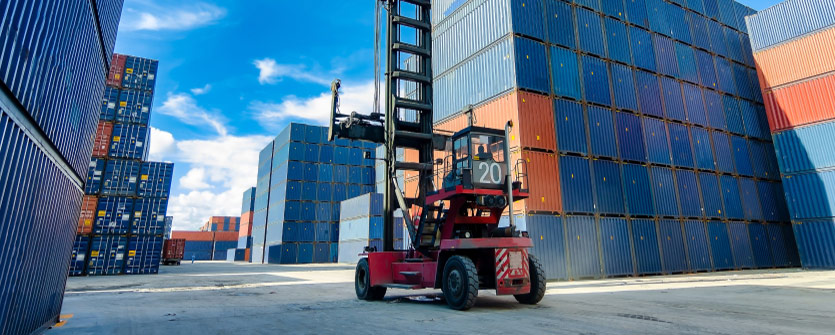
Fast Personal Delivery

Fast Personal Delivery: Revolutionizing Convenience
In today’s fast-paced world, the demand for quick and efficient delivery services has never been higher. Fast personal delivery is transforming the way consumers receive goods, providing unparalleled convenience and efficiency. Whether it's a last-minute gift, groceries, or essential items, fast personal delivery services cater to the needs of busy individuals and families.
What is Fast Personal Delivery?
Fast personal delivery refers to the rapid transportation of goods directly to a customer’s location, often within hours of placing an order. This service can encompass a variety of items, from food and groceries to personal care products and electronics. The rise of technology and mobile applications has made it easier than ever for consumers to access these services at their fingertips.
Why You Choose This Effective Service
Many fast personal delivery platforms partner with local businesses, helping them reach a broader audience. This collaboration can boost sales for local shops and restaurants while providing customers with fresh, locally sourced products.


The convenience of fast delivery enhances the overall customer experience. Users appreciate the ability to receive items quickly, which can lead to increased satisfaction and loyalty to brands that offer such services.

What types of cargo can your service handle?
Our local track transport service is equipped to manage a diverse range of cargo types, ensuring that we meet the unique needs of various industries.
What Are the typical stages of a logistic project?
The typical stages of a logistics project include project initiation, where needs are assessed and stakeholders are engaged; planning, which involves defining the scope, allocating resources, and budgeting; design, where the logistics network and processes are mapped out; implementation, during which plans are executed and staff are trained; monitoring and control, focusing on tracking performance and resolving issues; evaluation, where project success is reviewed and feedback is collected; and finally, closure, which involves finalizing activities, documenting results, and celebrating the team's efforts. Each stage is crucial for ensuring efficient logistics operations and achieving project goals.
Is my technology allowed on tech?
To determine if your technology is allowed on a specific platform, you should consult the platform's terms of service and usage policies. These documents typically outline any restrictions or requirements for technology integration. Additionally, consider checking for compatibility with the platform's existing systems and ensuring compliance with relevant security and regulatory standards. If you have any uncertainties, contacting the platform's support team can provide further guidance.
Can you assist with customs clearance procedures?
Yes, We can assist with customs clearance procedures by providing guidance on the necessary documentation, such as commercial invoices, packing lists, and import/export permits. It's important to ensure that all paperwork is accurate and complete to avoid delays. Additionally, I can help you understand the applicable tariffs, duties, and regulations for your specific goods, as well as advise on best practices for compliance with customs authorities. If needed, I can also recommend resources or professionals who specialize in customs brokerage.
